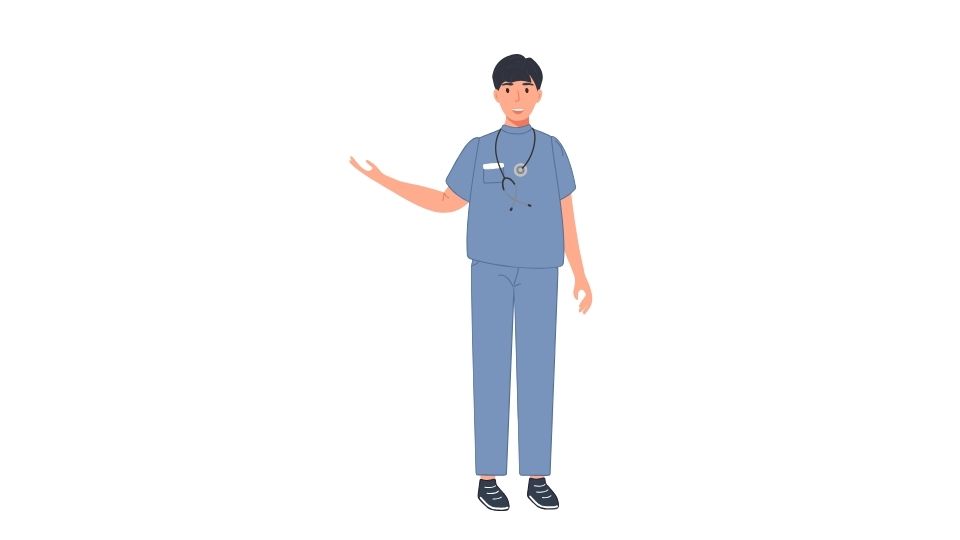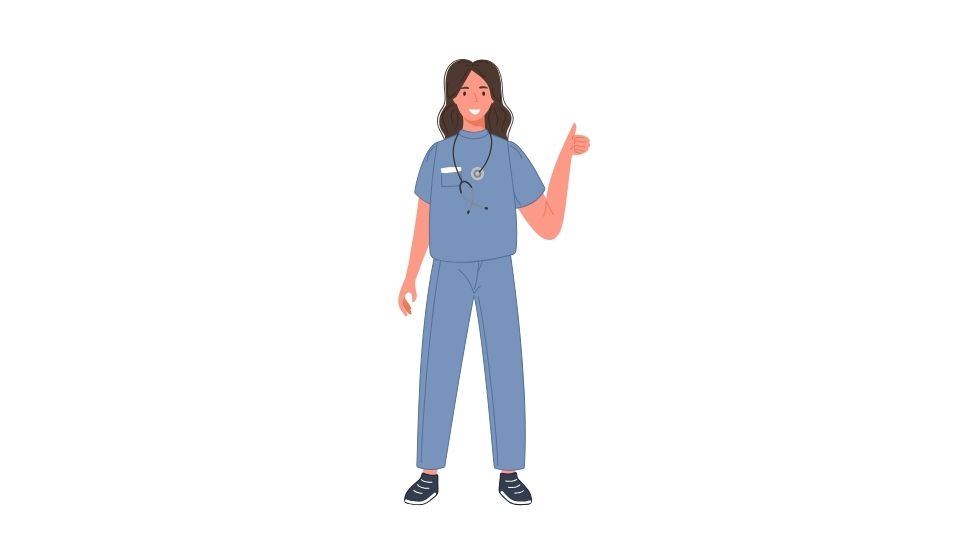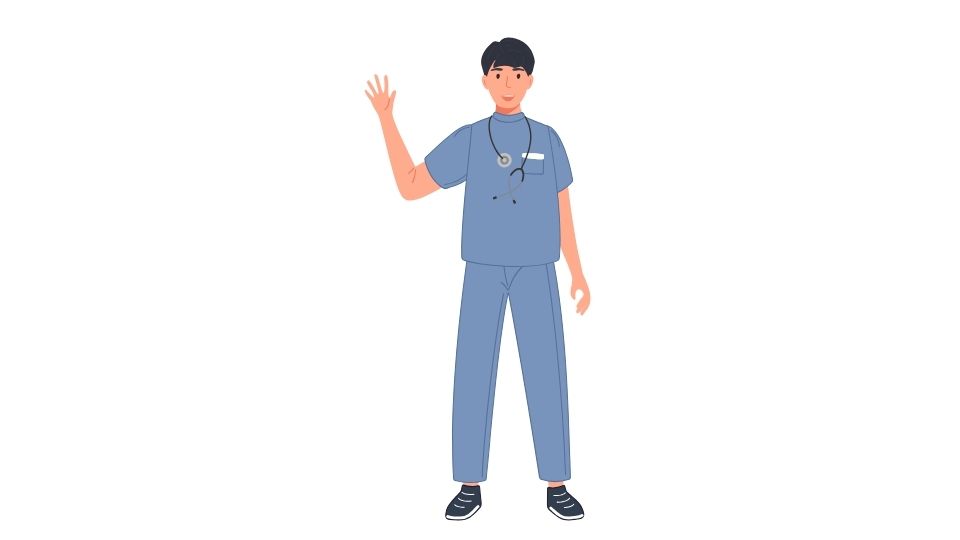Is Protein Powder a Steroid? (Huge Myth Debunked)

When I think about protein powder, one thing that always makes me laugh is how many people still think it’s basically a steroid.
Let me clear this up once and for all: protein powder is not a steroid. Not even close. It’s like comparing a banana to a Ferrari – they’re completely different things that happen to sometimes be in the same conversation.
Protein powder is just food. Concentrated, powdered food. It’s basically milk or plants that have been processed to isolate the protein part.
Steroids, on the other hand, are synthetic hormones that mess with your body’s natural hormone production. Big difference.
The Great Protein Powder vs Steroids Showdown
What Actually Are Steroids?

Steroids (the ones people are thinking of when they say this) are synthetic versions of testosterone. They’re designed to make your body build muscle way faster than it naturally would.
And yes, they work. But at what cost?
Side effects can include:
- Liver damage
- Heart problems
- “Roid rage” and mood swings
- Hormonal chaos
- Shrunken testicles (yikes)
- Acne
- Man boobs
Plus they’re illegal without a prescription in most countries. Not exactly something you want to be casually taking with your post-workout shake.
What Is Protein Powder, Actually?
Protein powder is just protein. In powder form. Mind-blowing, I know.
The most common types are:
- Whey protein: Comes from milk, digests quickly
- Casein: Also from milk, digests slowly
- Plant proteins: Pea, rice, hemp, etc. for the vegetarians and vegans
Research shows that protein powder simply provides your body with amino acids – the building blocks it needs to repair and build muscle after you work out. Your body naturally uses these building blocks to recover.
Unlike steroids, protein powder doesn’t force your body to do anything unnatural. It just gives your body the materials it needs to do what it already wants to do – repair muscle.
How Protein Actually Helps Build Muscle

When you lift weights, you create tiny tears in your muscle fibers. Your body repairs these tears, making the muscle stronger and slightly bigger in the process.
This repair process requires protein. If you don’t get enough protein, your body can’t fully repair the muscle damage.
Studies consistently show that consuming protein around your workout time helps maximize this repair process. Protein powder just makes it convenient to get that protein when you need it.
Think of it this way:
- Protein powder: Gives your body the building materials
- Steroids: Forces your body to build, whether it wants to or not
Big difference!
The Confusion: Why Do People Mix These Up?

I think there are a few reasons people confuse protein powder and steroids:
Both are associated with the gym – You see jacked people at the gym drinking shakes and assume it must be something “extra”
Marketing BS – Some supplement companies make ridiculous claims about their protein powders (“GAIN 20 LBS OF MUSCLE IN 2 WEEKS!!!”)
Actual contamination – Rarely, some sketchy supplements have been found to contain banned substances not listed on the label
Confirmation bias – Someone starts taking protein powder, works out hard, and builds muscle. They attribute it all to the “magic powder” rather than the consistent training
Real Risks of Protein Powder
While protein powder isn’t a steroid, it’s not completely without considerations:
- It’s not regulated like medication – The FDA doesn’t verify supplement claims before they hit shelves
- Some brands add sketchy ingredients – Pre-workouts and “mass gainers” sometimes contain questionable stimulants
- Digestive issues – Some people get gassy or bloated from certain types
- It’s not magic – Many people waste money expecting miracles from a tub of protein
But compared to steroids? Not even in the same universe of risk.
How I Use Protein Powder (And How You Should Too)
I view protein powder as a convenient food, not a supplement. It’s like a protein-rich snack that’s easy to prepare.
If I’ve just finished a hard workout and don’t have time to cook a meal, I’ll have a protein shake. If I’m traveling and can’t get enough protein from regular food, I’ll have a shake.
Research suggests that for building muscle, most people need about 1.6-2.2g of protein per kg of body weight daily. For me (80kg), that’s around 160g of protein.
Could I get that from whole foods? Absolutely. But sometimes it’s just easier to add in a shake with 25-30g of protein.
The Bottom Line on Protein Powders vs. Steroids

Let me put this as clearly as possible:
Protein powder = food
Steroids = drugs
Protein powder gives your body nutrients it needs.
Steroids force your body to do things it wouldn’t naturally do.
Protein powder might help you recover a bit faster and build muscle over time with hard work.
Steroids will build muscle even if you barely work out, but may destroy your health in the process.
So next time someone gives you a weird look for drinking a protein shake, just remember – they probably think you’re injecting hormones, when really you’re just having the equivalent of a glass of milk with extra steps.
And if you’re considering steroids just eat more protein, train harder, and be patient instead. Your future self (and your testicles) will thank you.

